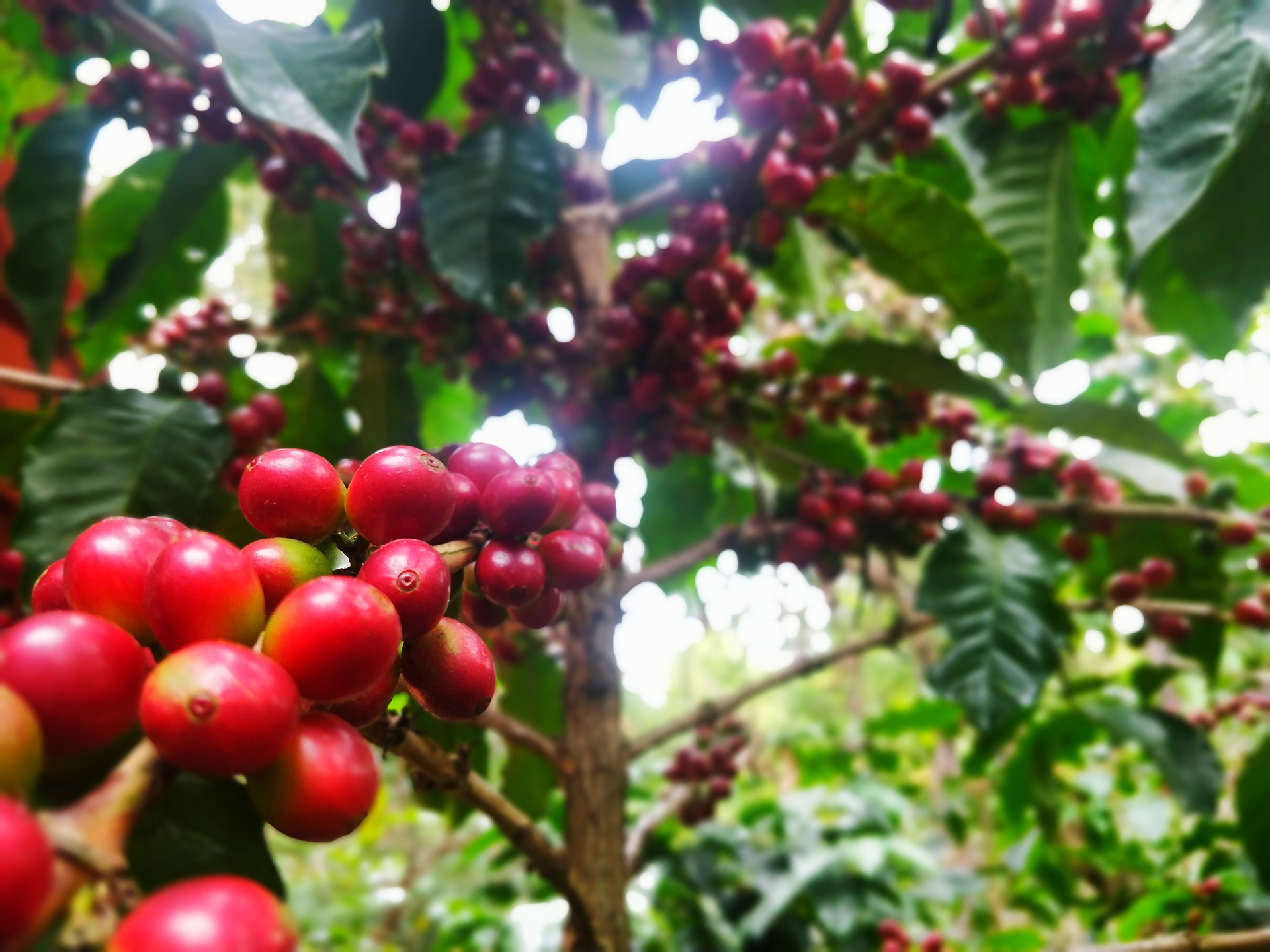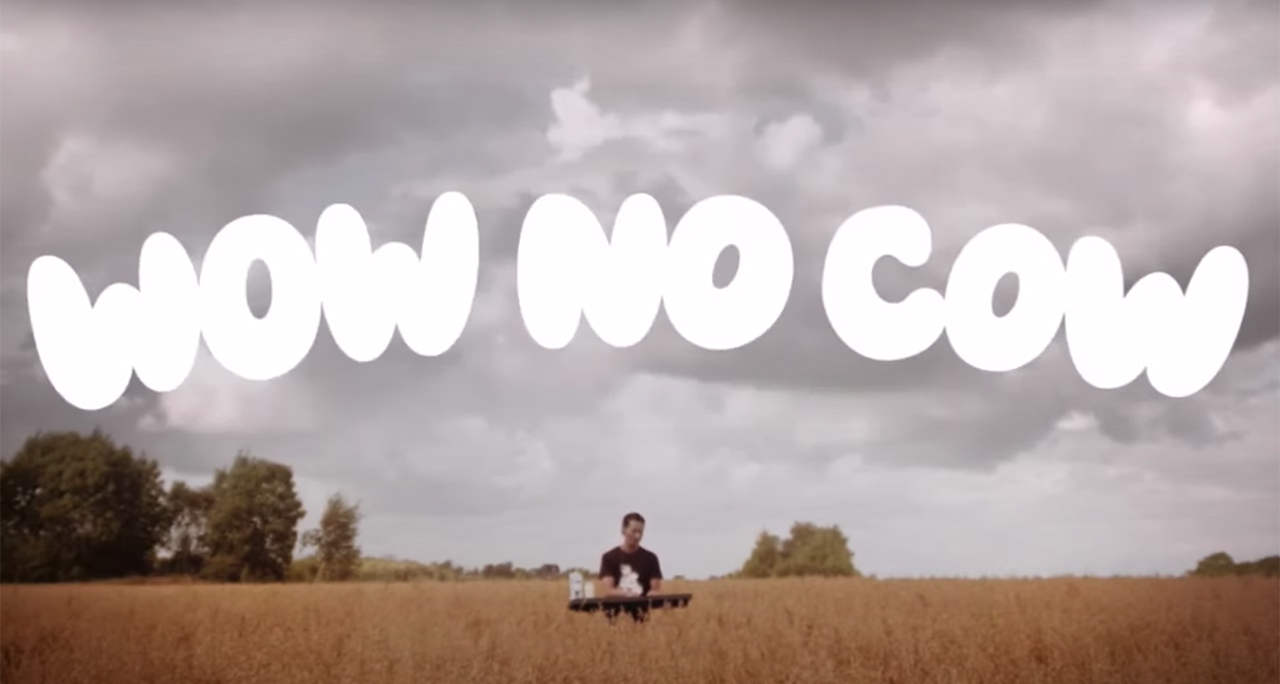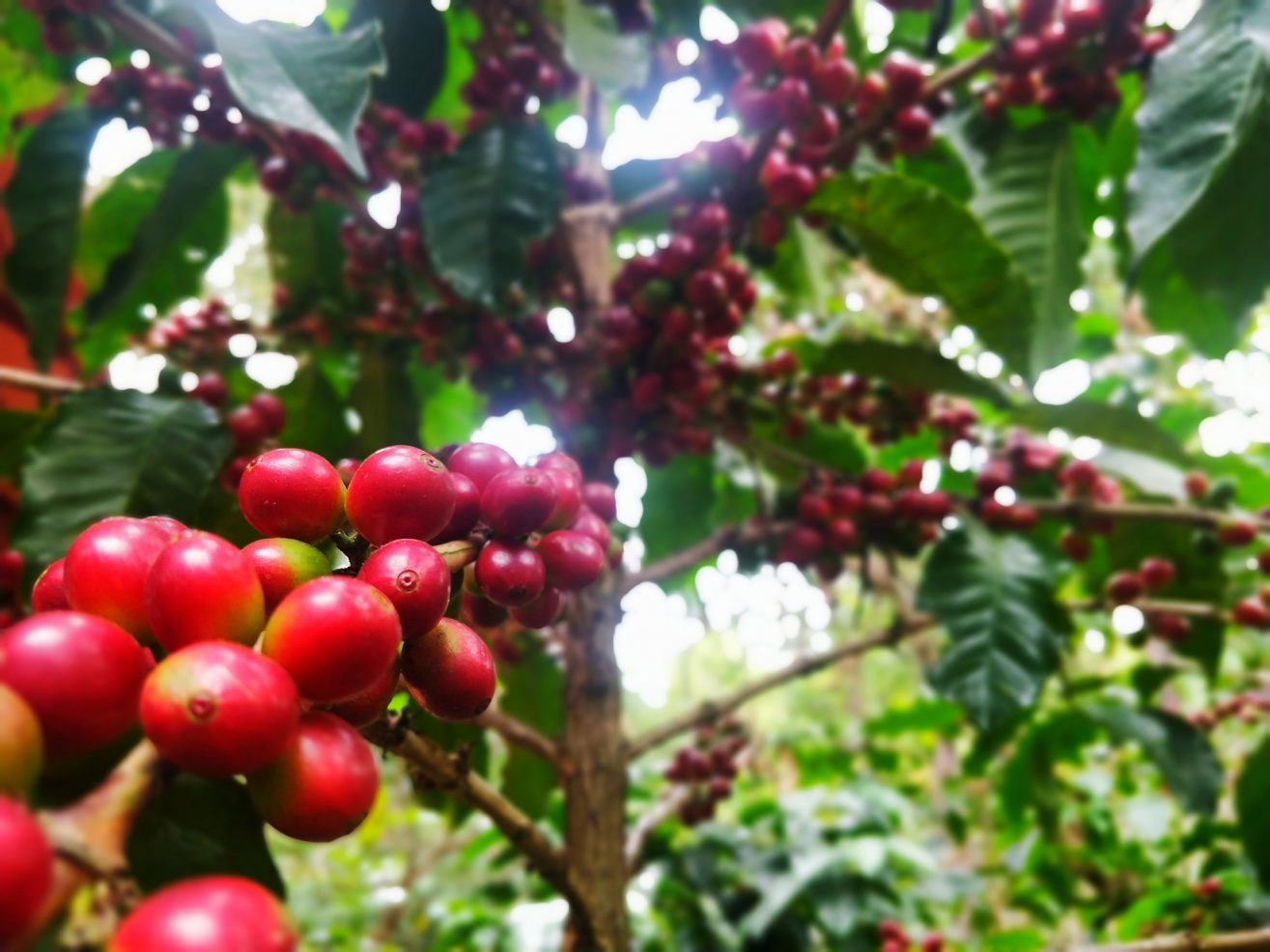
When Vishal Mehta realized his life’s purpose was organic farming, the naming of the farm was the easy part. He chose to call his farm Tat Tvam Asi, a Sanskrit phrase that means “thou art that” or “the essence is you.” For Mehta, coffee is simply a means to an end. The true path is one in which both the spotlight and the power can be placed in the hands of the farmer.
Tat Tvam Asi is cultivated by non-traditional coffee farmers—Mehta and his wife Aditi Ojha—in the remote Baba Budan Giri Range, in the mountains in Chikmangalur. This region, in the southwest of India (just down the coastline from Goa), is considered the birthplace of coffee in India, where legend tells of a sufi saint named Baba Budan planted the first coffee seeds in the hills of Karnataka, having originally sourced them from Yemen. Today this area is a hub of experimentation and innovation in the Indian coffee industry, and the shrine to Baba Budan is in fact just a five-minute drive from the Tat Tvam Asi farm.
Here you will find yourself surrounded by lush green mountains, abundant wildlife—think cheetahs, deer, scorpions, and elephants—and the undeniable primacy of nature. Tat Tvam Asi farm is in the seat of the wild. Mehta would have it no other way.
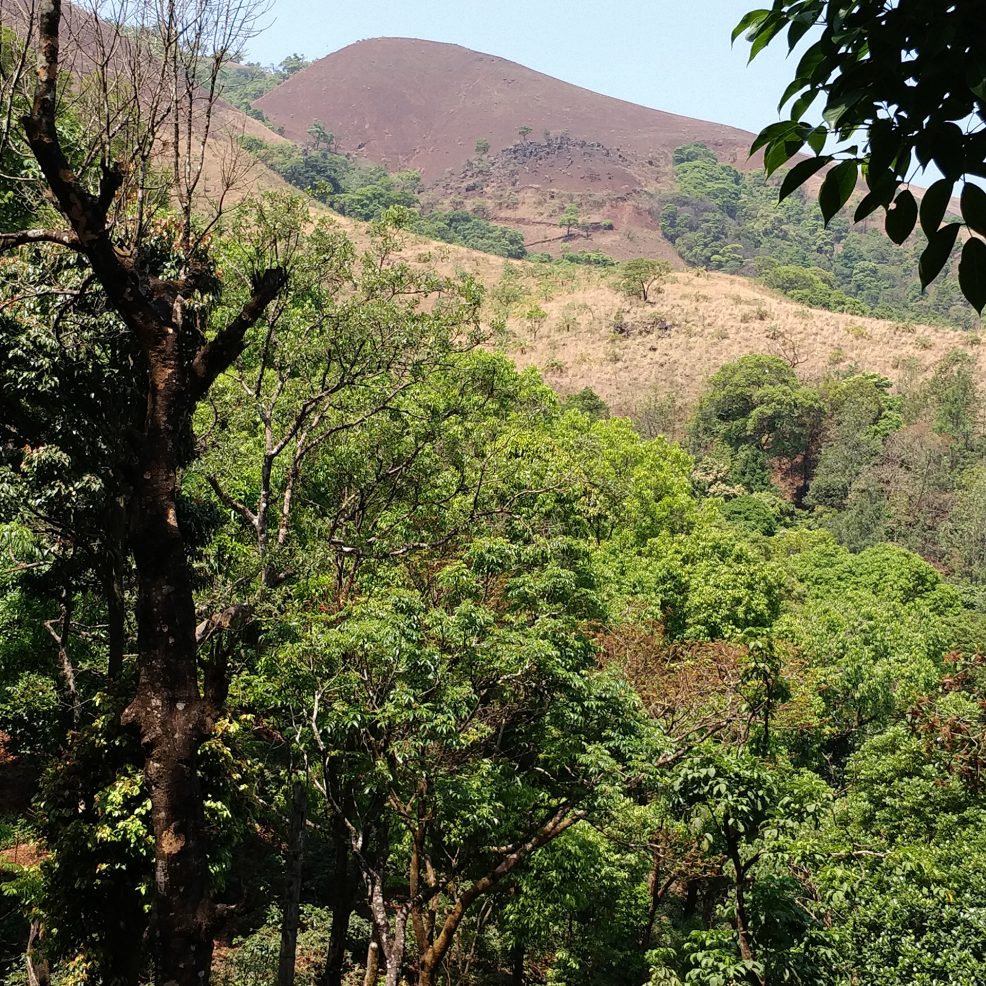
The farm runs on the principles of permaculture, natural farming that involves the sustaining of healthy, fertile soils, which are maintained with the help of the diverse ecosystem. “Yes, we let humans, plants, birds, animals, and various other insect species bring them together and employ them to do our farming,” Mehta told me by phone over the recent Diwali holiday. “This is what builds a strong foundation for agri-ecology.”
“The secret,” he continued, “to our natural organic plantation is the fact we simply follow the principles of nature in a way to prevent disruption. We invite nature to participate as a catalyst in the process of developing crops.” You can think of this as a sort of “natural” coffee—nature is involved at every step of the process.
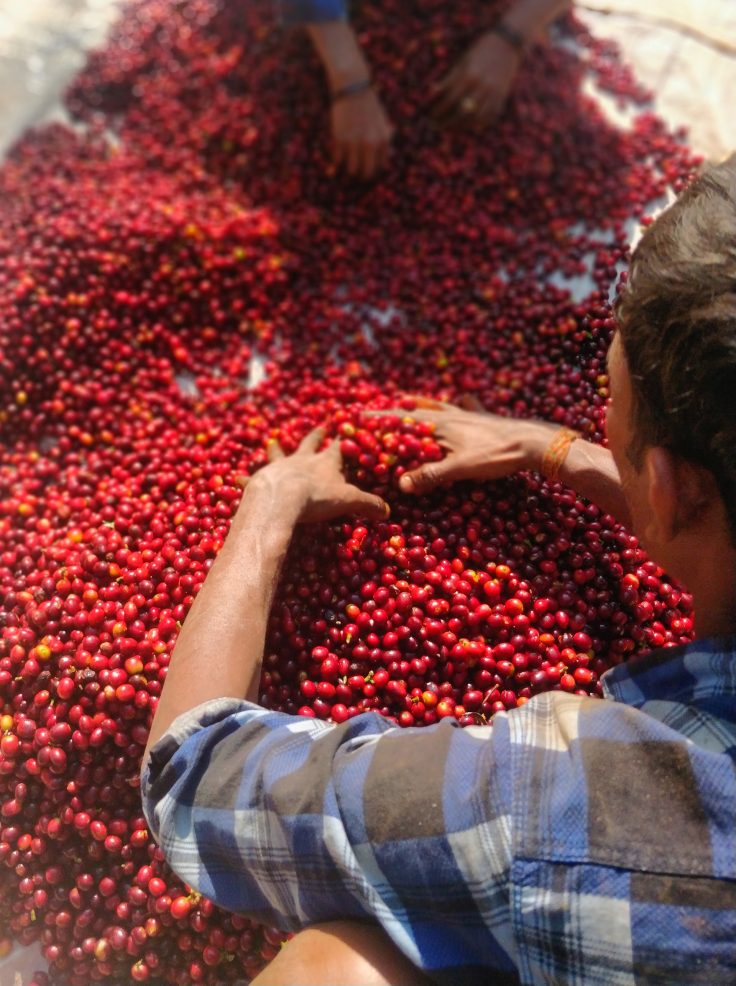
But if nature is the catalyst, then where does that leave the farmer? For Mehta the answer is simple: observation and repetition. He is constantly charting the farming methods at his estate that yield the best tasting cups of coffee, working all the while in harmony with the natural world around him. From experiments with yeast to a wide variety of processing styles, to implementing natural fertilizers and anaerobic fermentation, Tat Tvam Asi blends nature with nurture, using beautifully grown organic coffee as the jumping off point for endless experimentation. “Lockdown gave us an opportunity to crunch the data,” he tells me. “There are just so many combinations and permutations. People are going to find cooler ways of brewing coffee and more gadgets are going to come by, but processing is now taking charge. And the farmer is getting the power back.”
Passersby are rare, but many who want to experience the taste of the mountain life book a cottage in the cozy homestays that Mehta manages along with his wife. Some of them even volunteer to pick the coffee if it happens to be harvesting season. Instead of focusing on maximizing output, the farm, which yields about 10 tons a year, is presently focused on cultivating as harmoniously as possible. “When we took over the farm in 2012, the first thing we did was get rid of the spray, manure, none of the traditional methods. We started with our own methods, our own compost. That is how the journey sort of began.”
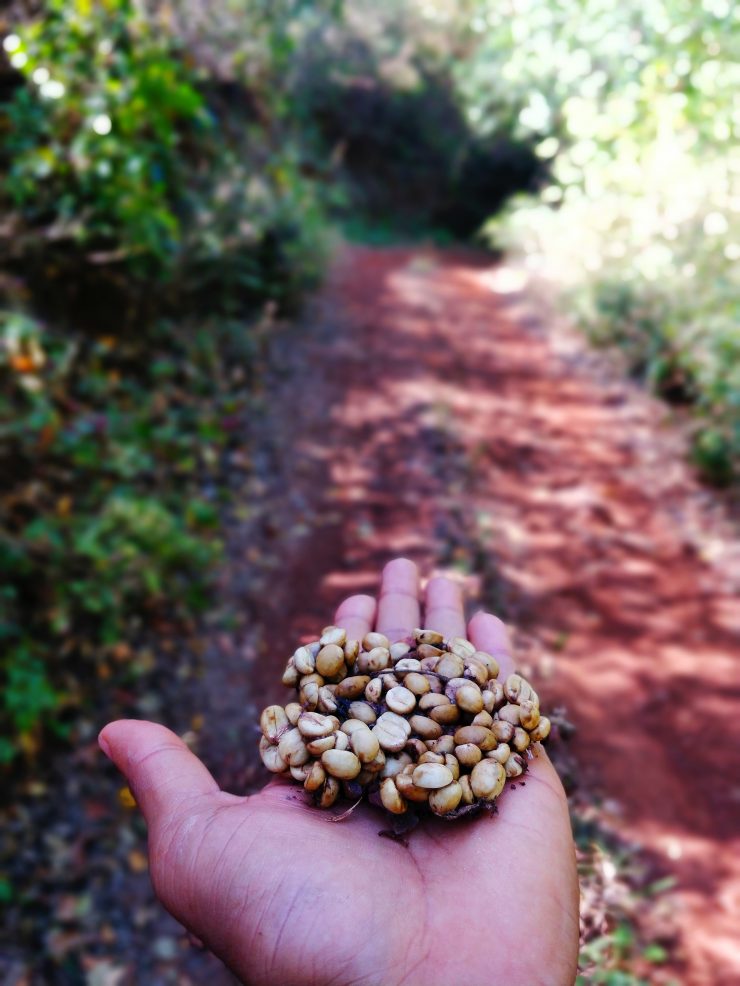
This means no chemical fertilizers, such as potassium nitrate or ammonium nitrate, are used in cultivating coffee on the farm, and Mehta has focused on growing a fungi network beneath his crops, which contributes significantly to soil health. “This fungi network helps to dissolve solid nutrients, as well as micro nutrient metals, which need to develop the various rich oils that give coffee its deep and rich aroma,” explains Mehta.
Whether it’s soil health or experimental processing, the depth of effort and careful stewardship at Tat Tvam Asi results in extraordinary coffee. Notes of jackfruit, melon, along with a juicy body are common in their offerings, which include coffee varieties such as Cauvery and SL 795. In addition to the farm’s own cozy cafe in Chikmanglur, you can find their coffees across India at some of the country’s best roasters, including Kaffa Cerrado, Subko Coffee, and Marc’s Coffee. Readers based in the United States can try these coffees via Ministry of Kaapi, with locations in Miami and Brooklyn.
Dhaval Mehta is a journalist based in Mumbai, India. Read more Dhaval Mehta for Sprudge.










